Home / j-k-election / Omar Abdullah Declared Next CM, Addresses Key Challenges
Omar Abdullah Declared Next CM, Addresses Key Challenges
By: My India Times
2 minutes read 52Updated At: 2025-02-18

Jammu & Kashmir Assembly Election 2024: Key Takeaways and Challenges for the New Government
In a historic moment for Jammu & Kashmir, National Conference (NC) leader Omar Abdullah has been declared the next Chief Minister after securing a majority alongside the Congress in the 2024 Assembly elections. Shortly after the results were announced, Omar Abdullah acknowledged the challenges ahead, emphasizing that his government will work for all communities, regardless of their political affiliations.
"This government will be as much for those who voted for the BJP as for those who supported the NC and Congress," Abdullah stated in an exclusive interview with deKoder.
His father, NC chief Farooq Abdullah, echoed similar sentiments, highlighting governance and representation as major hurdles for the new administration.
No Hope for Article 370 Restoration: Omar Abdullah
One of the most significant takeaways from the election results was Omar Abdullah’s clear stance on Article 370. He stated that there was "no chance" of restoring the special status of Jammu & Kashmir and called it "foolish" to think otherwise. This remark marks a decisive shift in the region’s political discourse, as many parties previously campaigned on the premise of reinstating Article 370.
Election Results: Congress-NC Secures Majority, BJP Emerges as Strong Opposition
The Jammu & Kashmir Assembly elections were held in three phases across the 90 assembly seats—on September 18, September 25, and October 1. According to the Election Commission data, the overall voter turnout stood at an impressive 63.45%. The breakdown of voter participation across the three phases was:
Phase 1: 61% turnout
Phase 2: 57.3% turnout
Phase 3: 68.72% turnout
The elections saw a fierce contest between the NC-Congress alliance, the Bharatiya Janata Party (BJP), and the People’s Democratic Party (PDP). The final results placed the NC-Congress alliance in the lead, while the BJP secured 29 seats and the Mehbooba Mufti-led PDP won three seats.
Formation of the New Government: Coalition Dynamics at Play
With the NC-Congress alliance securing a majority, they are now set to form the government. The partnership between these two historically significant parties will be crucial in shaping the region’s political future. However, internal coalition dynamics and differing priorities could pose challenges in governance and policy-making.
Exit Poll Predictions vs. Final Results
Exit polls had widely predicted a strong performance for the NC-Congress alliance, with many forecasters estimating that the regional party would claim the largest share of seats. The final results confirmed these projections, solidifying the alliance’s dominance in the assembly.
What Lies Ahead for Jammu & Kashmir?
As the first assembly election in Jammu & Kashmir since the abrogation of Article 370 in August 2019, this poll was a significant milestone for the region’s democratic process. The newly elected government faces multiple challenges, including ensuring stability, addressing economic concerns, and navigating political tensions in a deeply polarized landscape.
The high voter turnout signals a renewed public interest in the political future of J&K, making it imperative for the new government to fulfill its promises of development, representation, and governance. With Omar Abdullah at the helm, all eyes will be on the administration’s next steps in tackling these critical issues.
....Jammu & Kashmir Assembly Election 2024: Key Takeaways and Challenges for the New Government
In a historic moment for Jammu & Kashmir, National Conference (NC) leader Omar Abdullah has been declared the next Chief Minister after securing a majority alongside the Congress in the 2024 Assembly elections. Shortly after the results were announced, Omar Abdullah acknowledged the challenges ahead, emphasizing that his government will work for all communities, regardless of their political affiliations.
"This government will be as much for those who voted for the BJP as for those who supported the NC and Congress," Abdullah stated in an exclusive interview with deKoder.
His father, NC chief Farooq Abdullah, echoed similar sentiments, highlighting governance and representation as major hurdles for the new administration.
No Hope for Article 370 Restoration: Omar Abdullah
One of the most significant takeaways from the election results was Omar Abdullah’s clear stance on Article 370. He stated that there was "no chance" of restoring the special status of Jammu & Kashmir and called it "foolish" to think otherwise. This remark marks a decisive shift in the region’s political discourse, as many parties previously campaigned on the premise of reinstating Article 370.
Election Results: Congress-NC Secures Majority, BJP Emerges as Strong Opposition
The Jammu & Kashmir Assembly elections were held in three phases across the 90 assembly seats—on September 18, September 25, and October 1. According to the Election Commission data, the overall voter turnout stood at an impressive 63.45%. The breakdown of voter participation across the three phases was:
Phase 1: 61% turnout
Phase 2: 57.3% turnout
Phase 3: 68.72% turnout
The elections saw a fierce contest between the NC-Congress alliance, the Bharatiya Janata Party (BJP), and the People’s Democratic Party (PDP). The final results placed the NC-Congress alliance in the lead, while the BJP secured 29 seats and the Mehbooba Mufti-led PDP won three seats.
Formation of the New Government: Coalition Dynamics at Play
With the NC-Congress alliance securing a majority, they are now set to form the government. The partnership between these two historically significant parties will be crucial in shaping the region’s political future. However, internal coalition dynamics and differing priorities could pose challenges in governance and policy-making.
Exit Poll Predictions vs. Final Results
Exit polls had widely predicted a strong performance for the NC-Congress alliance, with many forecasters estimating that the regional party would claim the largest share of seats. The final results confirmed these projections, solidifying the alliance’s dominance in the assembly.
What Lies Ahead for Jammu & Kashmir?
As the first assembly election in Jammu & Kashmir since the abrogation of Article 370 in August 2019, this poll was a significant milestone for the region’s democratic process. The newly elected government faces multiple challenges, including ensuring stability, addressing economic concerns, and navigating political tensions in a deeply polarized landscape.
The high voter turnout signals a renewed public interest in the political future of J&K, making it imperative for the new government to fulfill its promises of development, representation, and governance. With Omar Abdullah at the helm, all eyes will be on the administration’s next steps in tackling these critical issues.
By: My India Times
Updated At: 2025-02-18
Tags: j-k-election News | My India Times News | Trending News | Travel News
Join our WhatsApp Channel



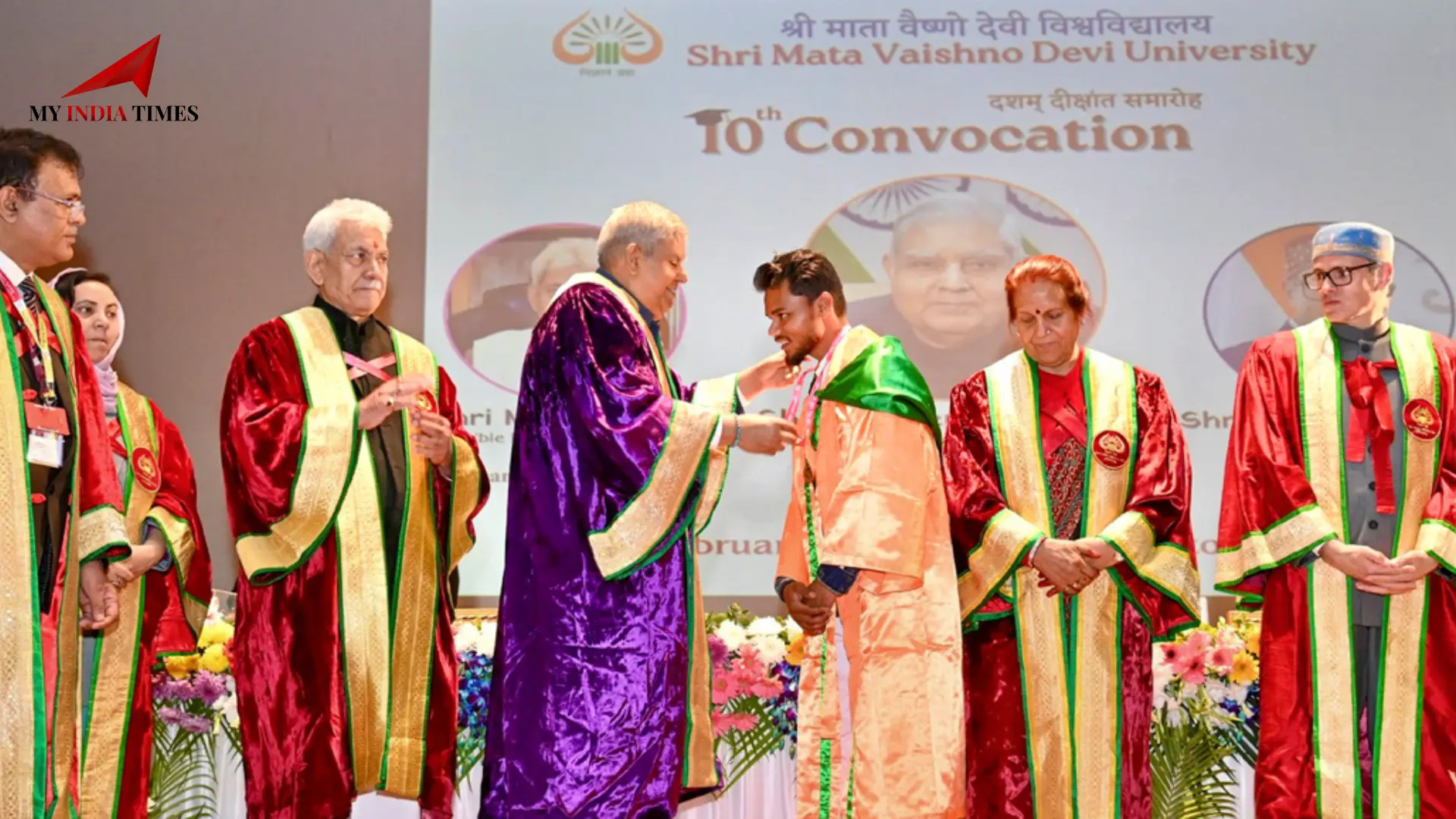

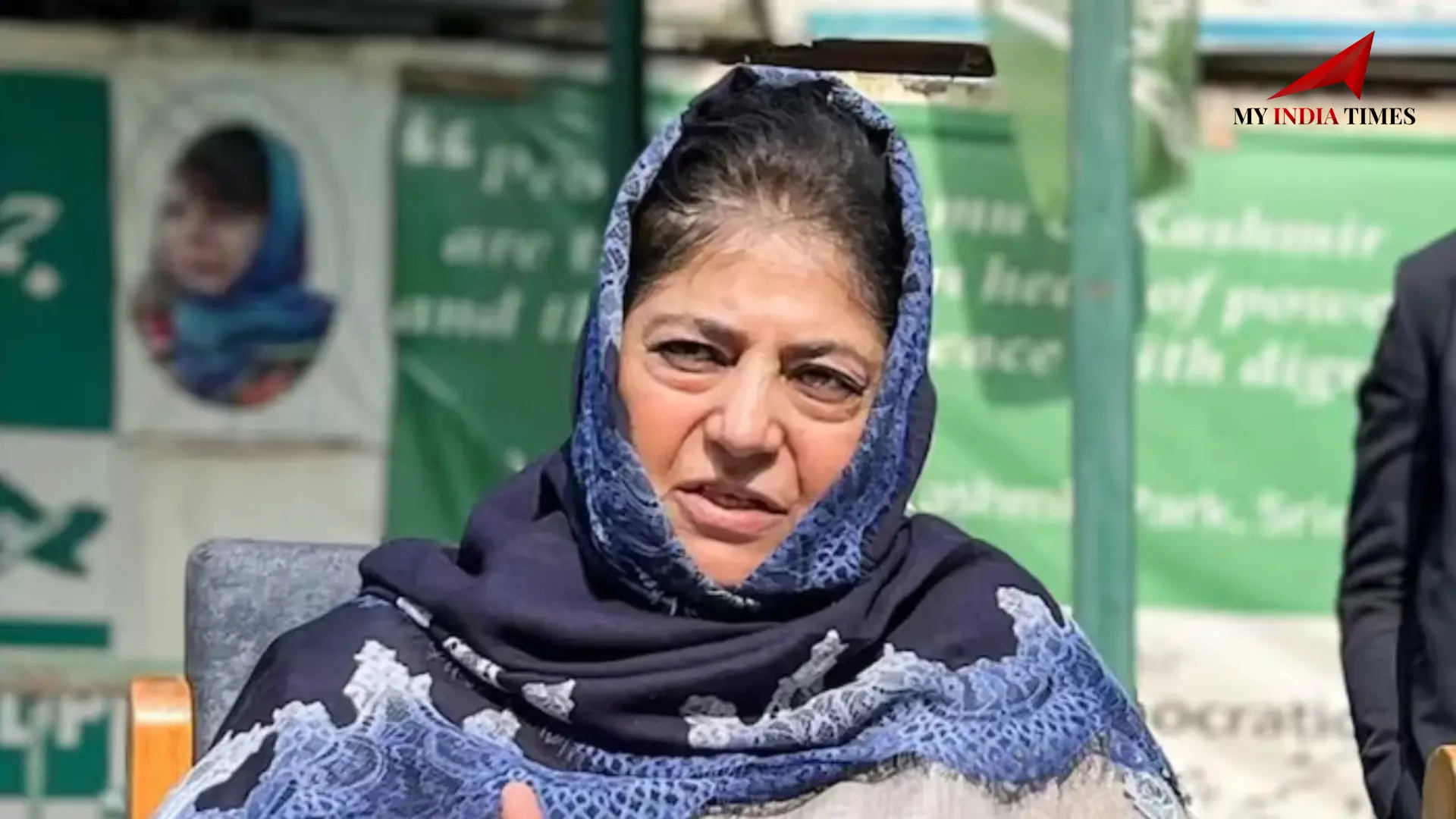
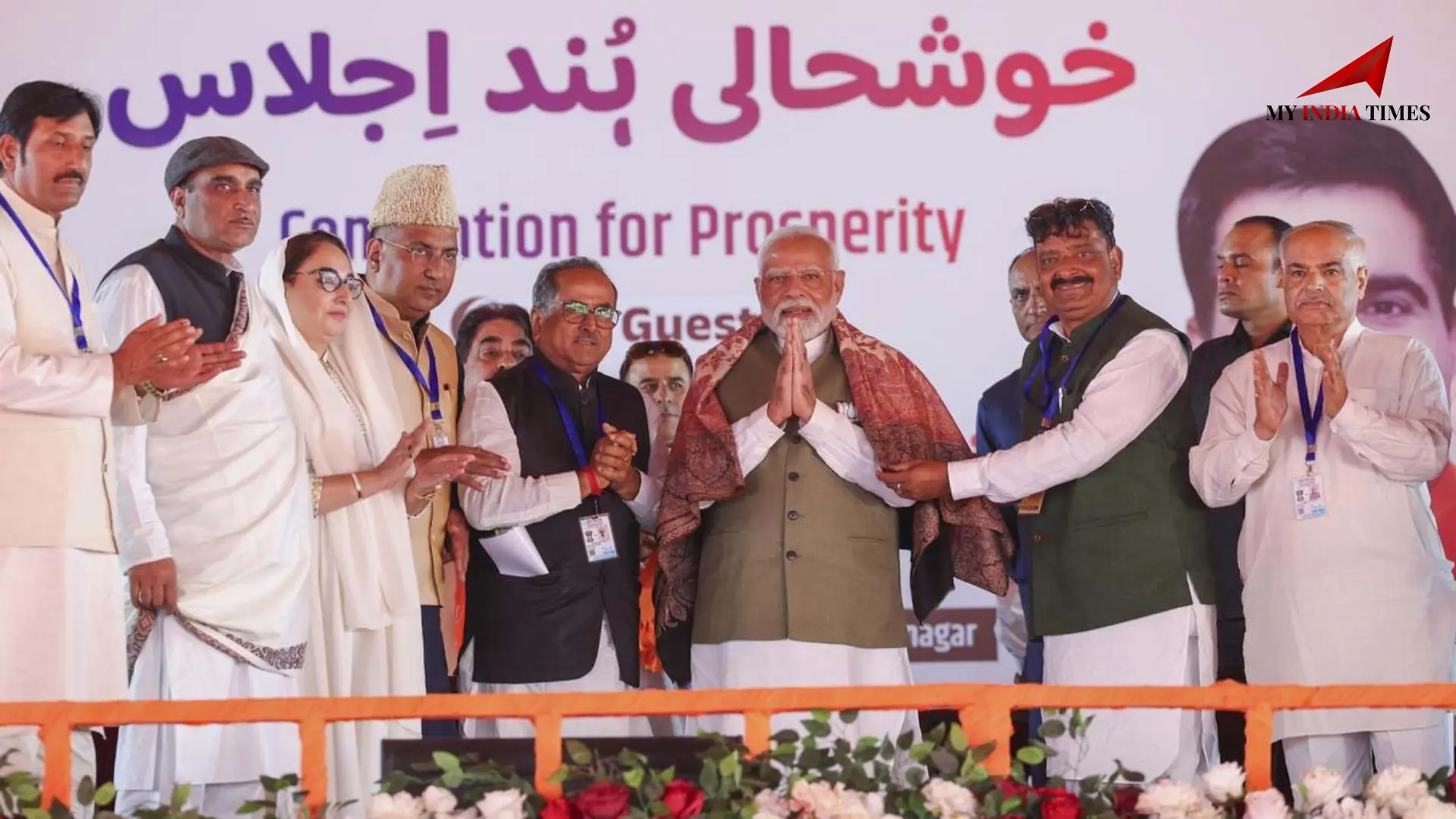
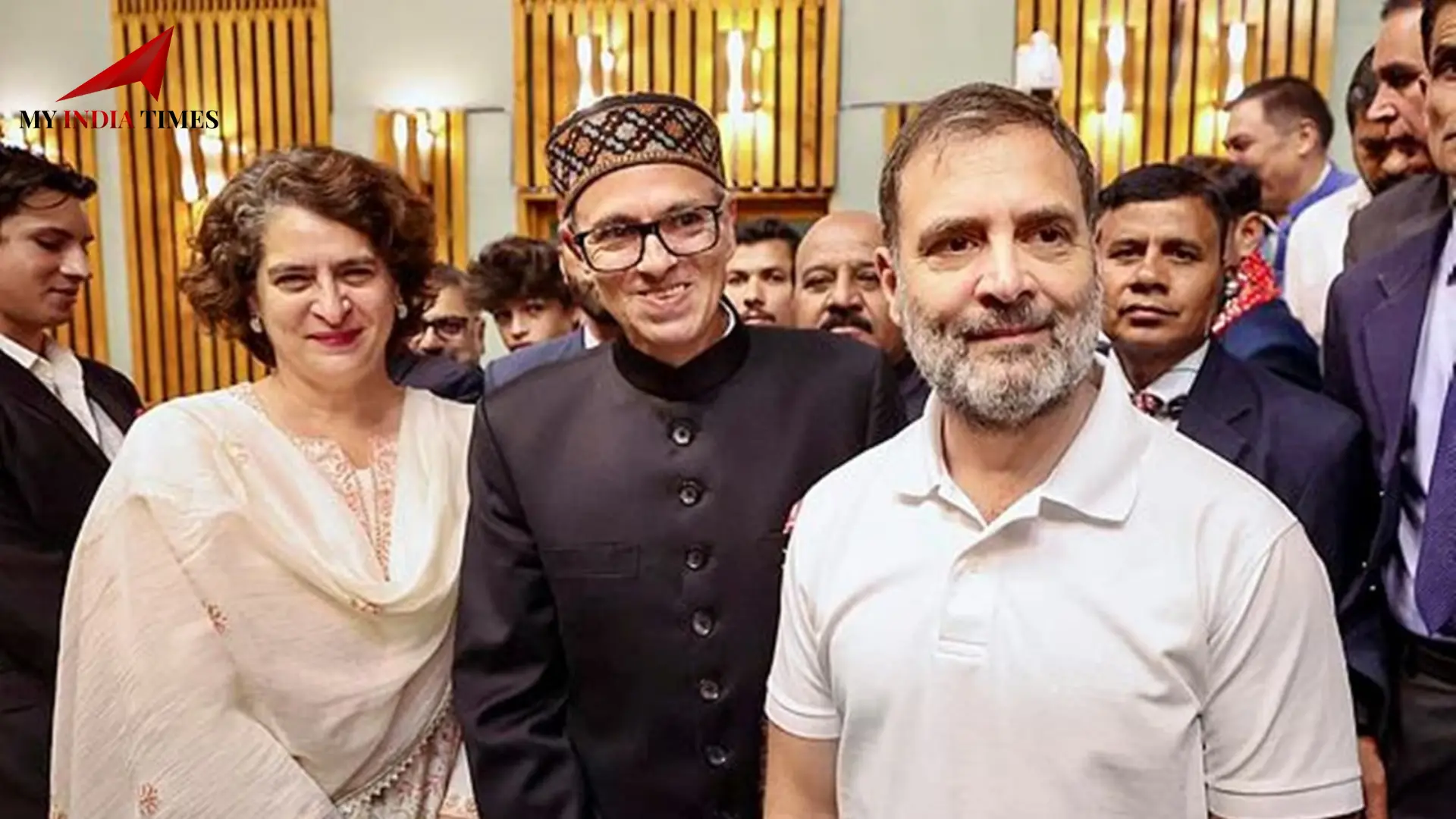
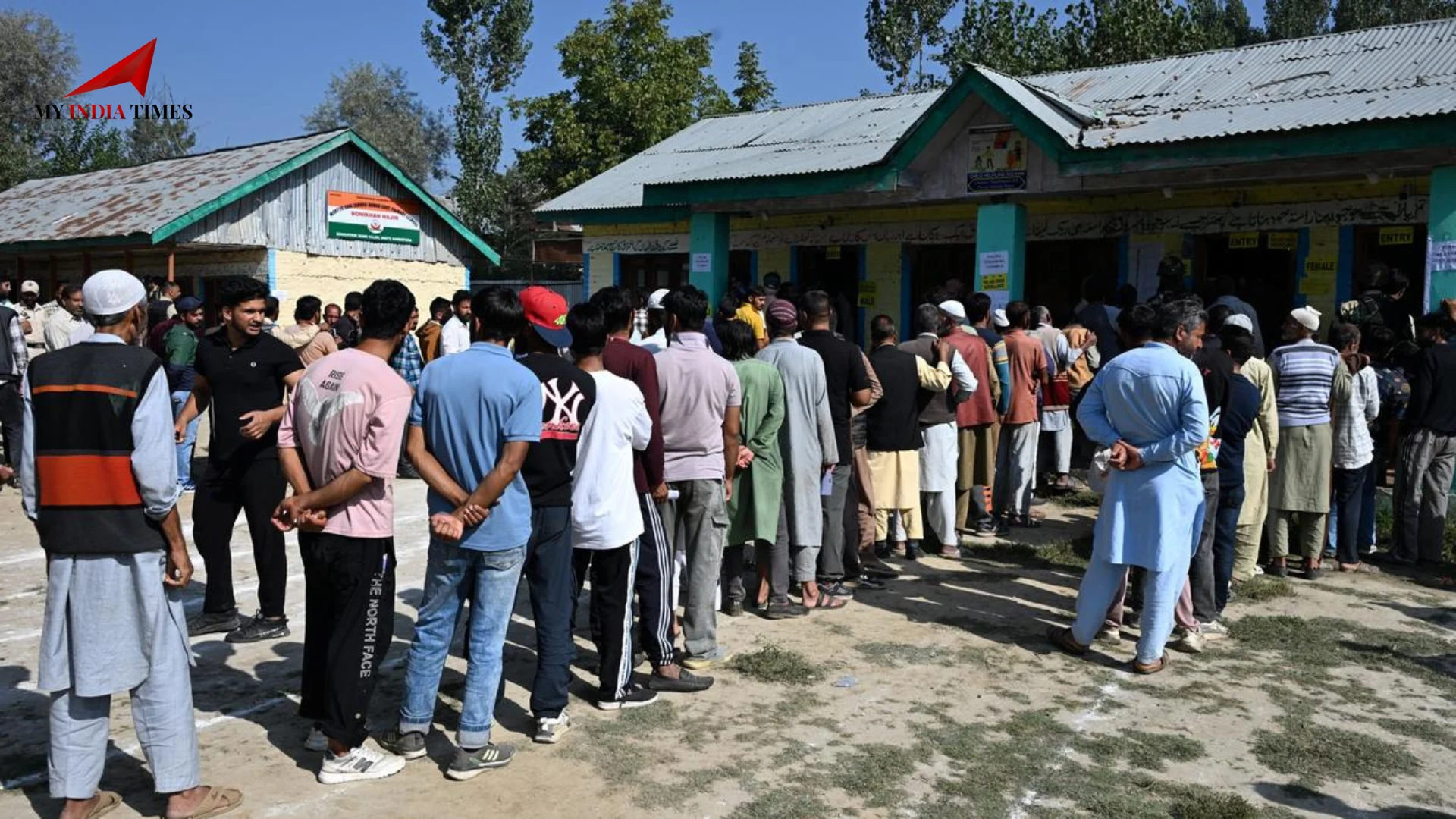
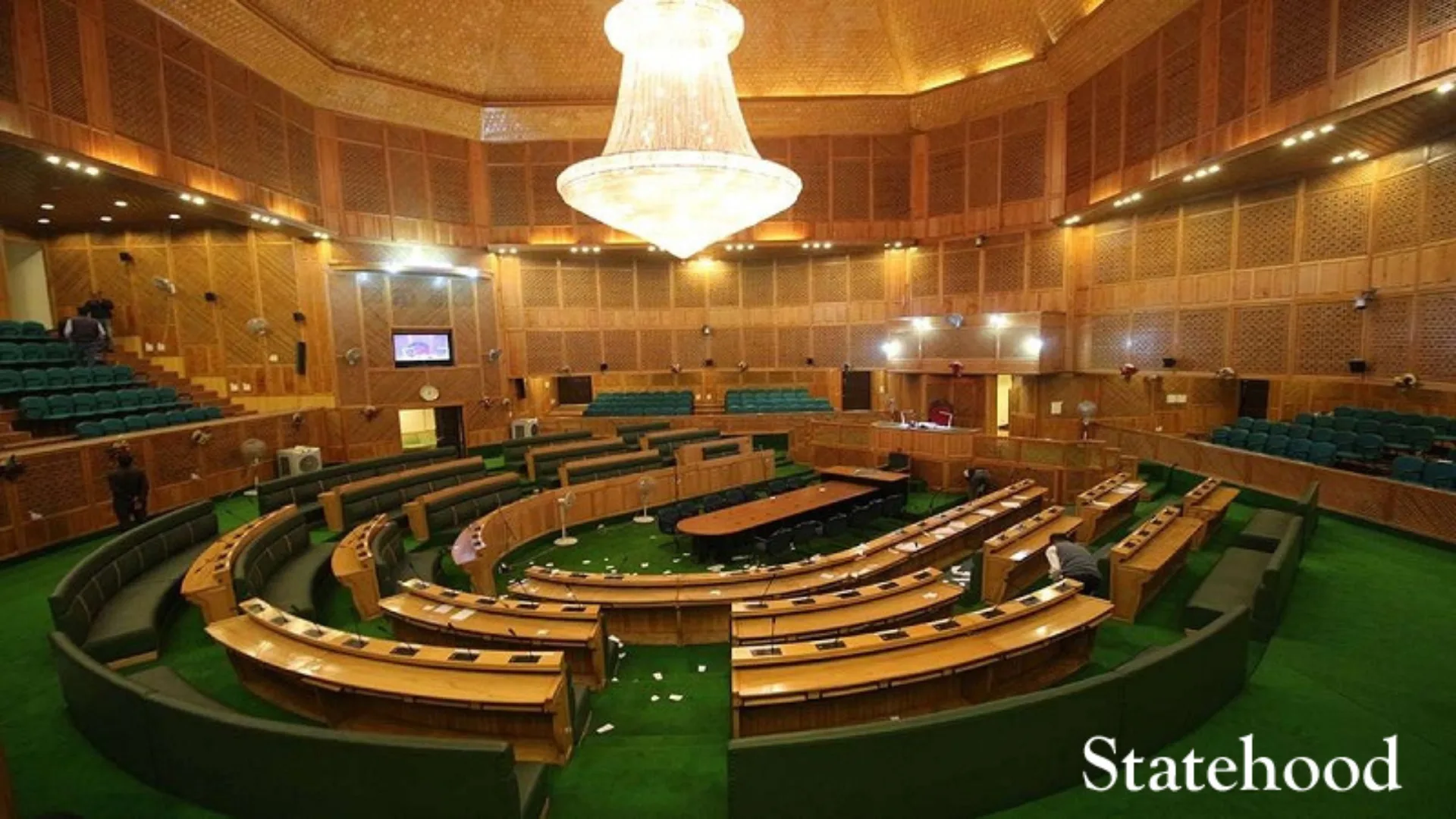
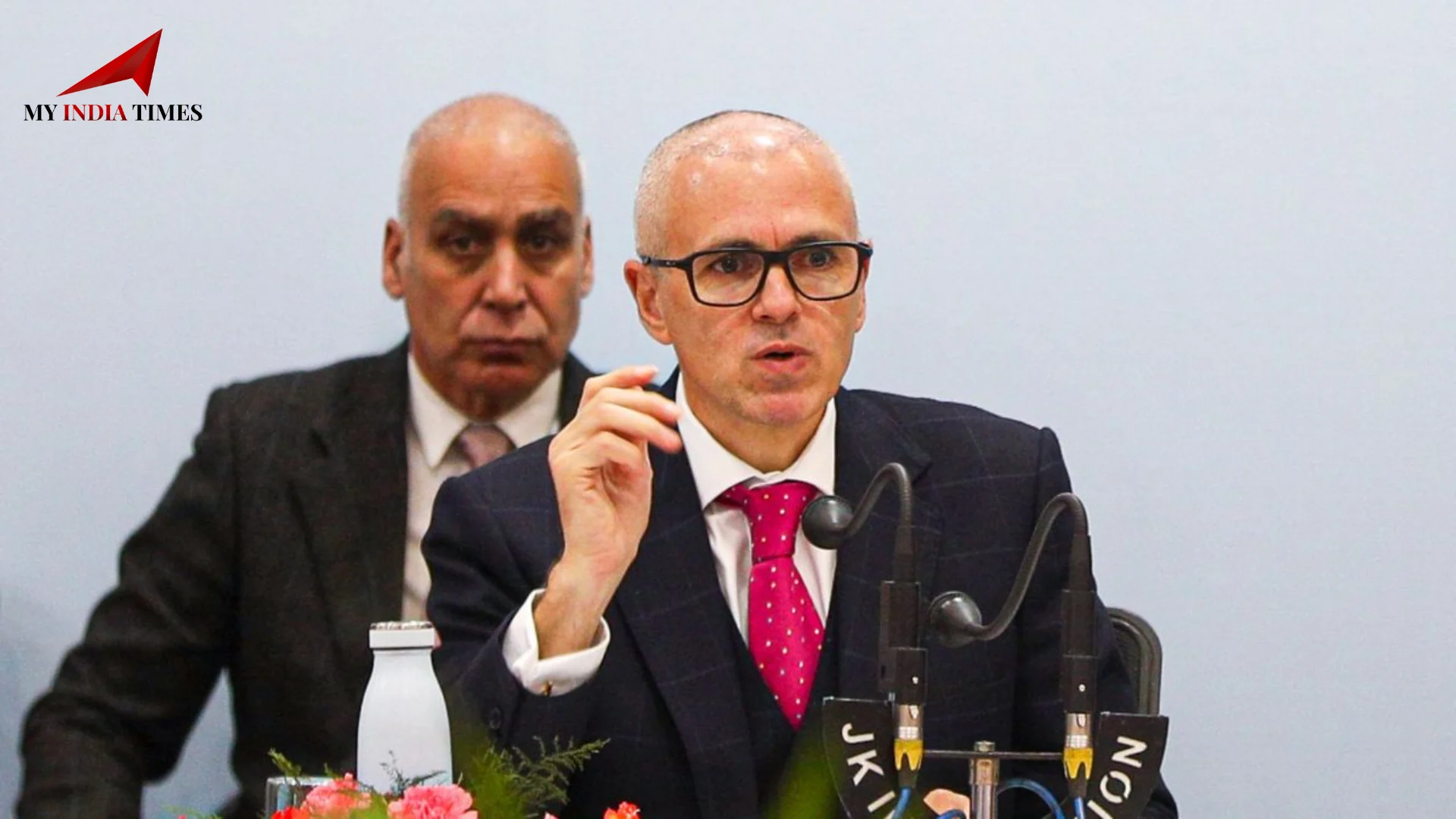































































































.png)
 (1).png)























